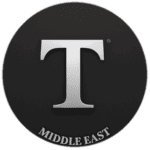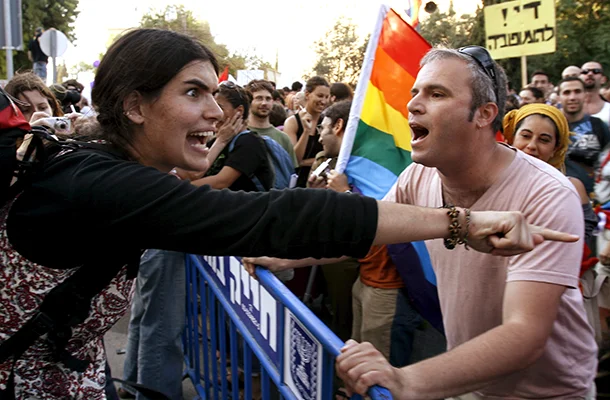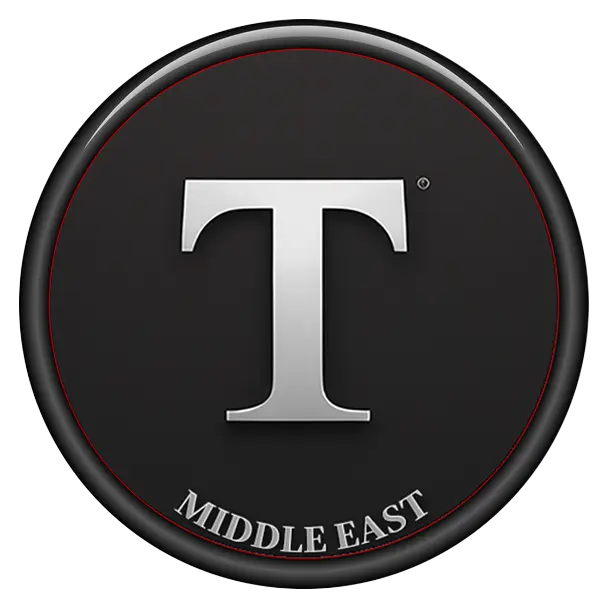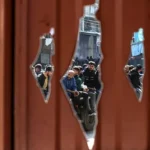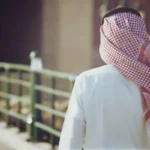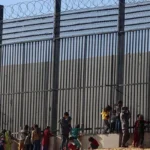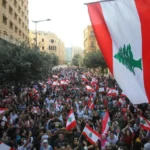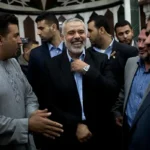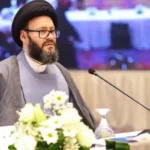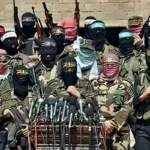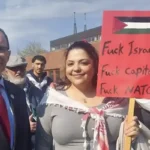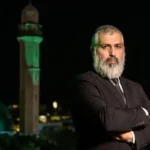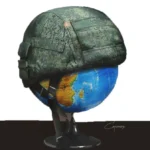The Democratic Oasis in the Middle East
In a region where religion and governance are intricately intertwined, the Middle East has long been synonymous with a predominantly Muslim population. Governments draw strength from religious foundations, and this seemingly harmonious relationship is accepted without raising eyebrows. However, when it comes to the tiny Jewish state of Israel, questions of racism and discrimination are often raised, despite its commitment to providing freedom of expression and economic opportunities to its Muslim citizens.
The Middle East is a tapestry of diverse cultures, histories, and religions, but Islam is the predominant faith that binds the region together. Governments across the Middle East draw legitimacy from religious principles, and this symbiotic relationship has persisted for centuries. However, within this religious mosaic, Israel stands out as a democratic oasis, offering freedoms not commonly found in neighboring nations.
“At another level, though, it’s no joking matter. In Iran today, lavat (sodomy) is a capital offence and people are frequently executed for it. In Saudi Arabia, Sudan, Yemen and Mauritania, sodomy is also punishable by death – though no executions have been reported for at least a decade.
Among other Arab countries, the penalty in Algeria, Bahrain, Kuwait, Lebanon, Libya, Morocco, Oman, Qatar, Somalia, Tunisia and Syria is imprisonment – up to 10 years in the case of Bahrain. In those that have no specific law against homosexuality, gay people may still be prosecuted under other laws. In Egypt, for example, an old law against “debauchery” is often used.
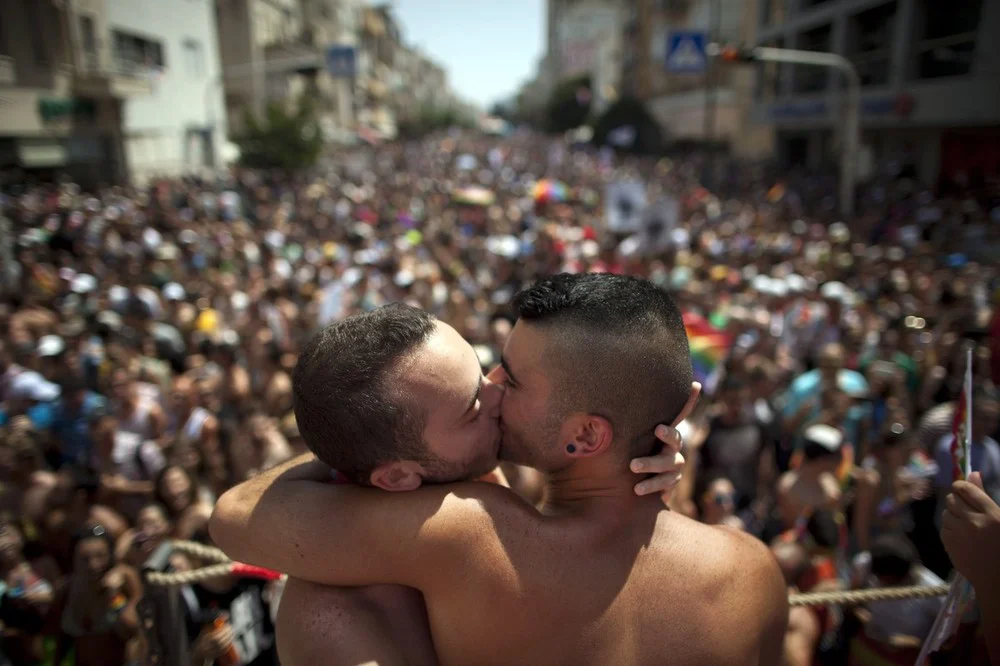
Critics argue that the existence of a Jewish state in a predominantly Muslim region raises questions of racism. However, a closer examination reveals a more nuanced reality. Israel, while predominantly Jewish, is a nation that guarantees equal rights to all its citizens, regardless of their religious or ethnic background. Muslim citizens of Israel enjoy freedom of expression, economic opportunities, and representation in government – a stark contrast to the conditions faced by minorities in some other Middle Eastern countries.
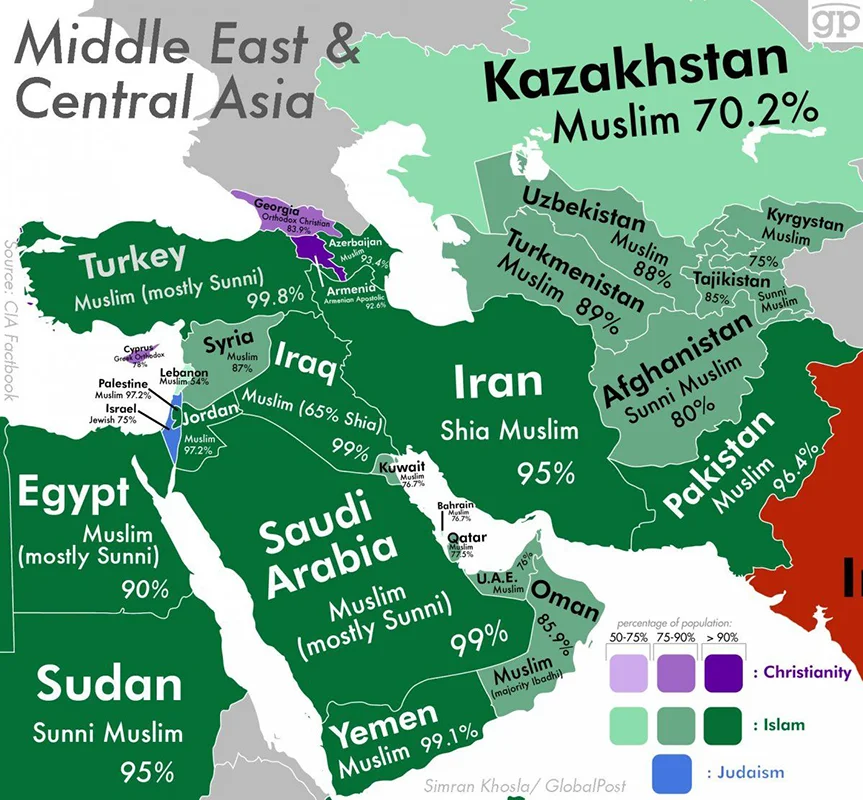
The paradox lies in the fact that Israel’s commitment to democratic values and inclusivity is often overshadowed by geopolitical complexities and historical tensions. Rather than being seen as a beacon of coexistence, the Jewish state is sometimes viewed through a lens colored by regional conflicts.
As the Middle East continues to evolve, it is crucial to recognize the unique experiment in democracy that Israel represents in the region. Rather than dismissing it as a mere anomaly, acknowledging the diversity and inclusion within Israel could open up avenues for constructive dialogue and foster a more comprehensive understanding of the complex dynamics shaping the Middle East.
